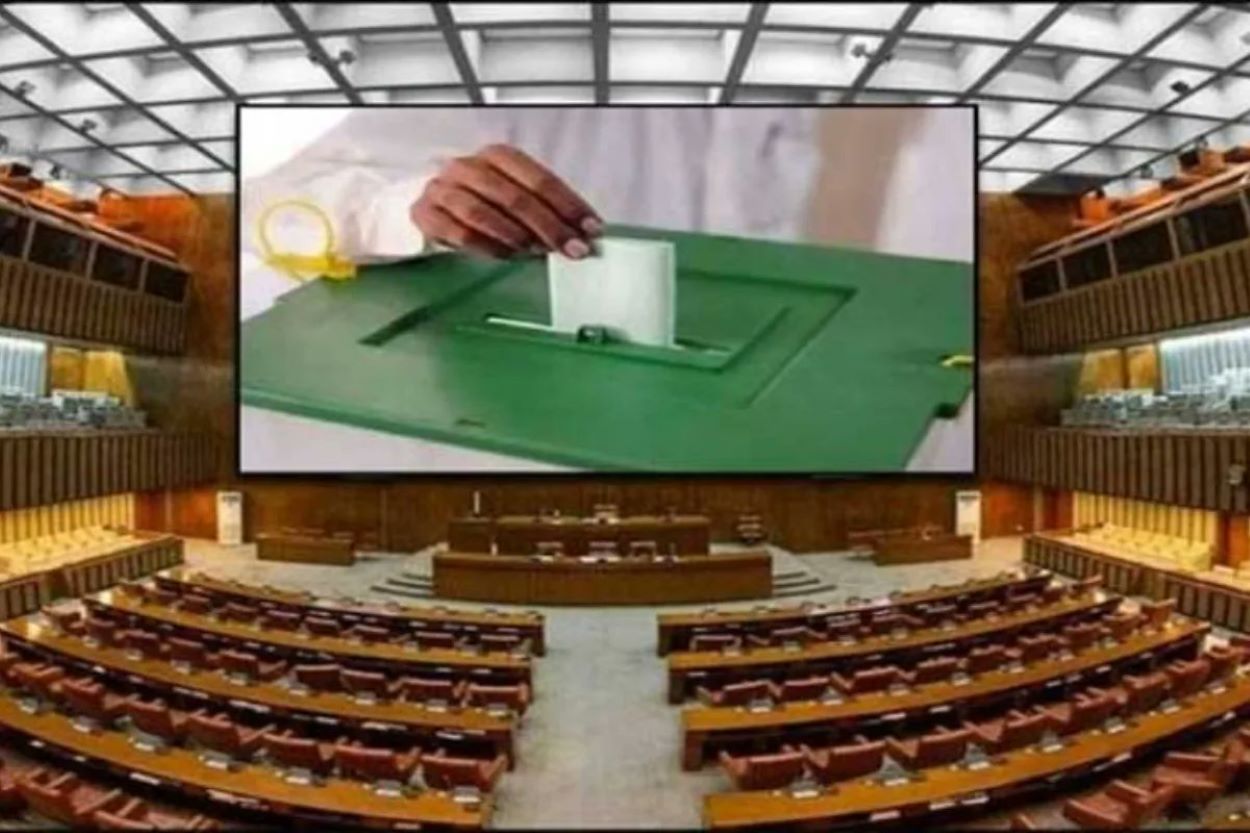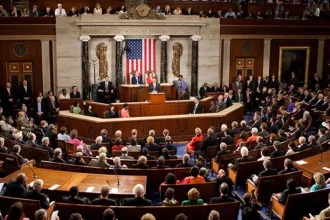The ruling coalition, including PML-N, PPP, MQM-P, and other minor parties, is poised for a significant majority in parliament’s upper house, with elections for 30 vacant seats happening today. Voting commences at 9:00 AM and concludes at 4:00 PM across various assemblies, while Balochistan’s 11 candidates secure positions unopposed.
The Khyber Pakhtunkhwa Assembly’s voting scenario remains uncertain due to a deadlock over the swearing-in of MPAs-elect on reserved seats. KP Speaker Babar Saleem Swati, resisting the Peshawar High Court’s directive to administer oaths, sought a review petition.
The Commission plans to delay Senate voting in KP if the MPAs-elect remains unsworn as per court orders. This unprecedented situation has caused the Commission to adhere to constitutional and legal mandates.
Initially set to elect 48 senators, the number has reduced to 30 after unopposed elections in Punjab and Balochistan. Fifty-nine candidates now vie for these seats.
In Punjab, the seven senators already elected and ongoing contests suggest a likely win for PML-N and allies, with significant vote margins expected against SIC candidates.
In Sindh, the PPP is favoured to win most of the 12 contested seats among 20 candidates, with MQM-P expected to secure a single seat. An informal pact hints at support for independent candidate Faisal Vawda.
Islamabad’s elections feature PPP and PML-N candidates against SIC nominees, with the ruling alliance likely to achieve a two-thirds majority. Despite opposition gains, legislative processes remain largely unimpeded by rule.
Retaining its single largest party status, PTI may increase its tally with KP polling. The PPP aims to become the second-largest party with wins in Sindh and additional seats, while PMLN’s senator count is also set to rise.
Senate composition, reflecting provincial allocations, hinges on proportional representation and party positions within the provincial legislators and the National Assembly.






